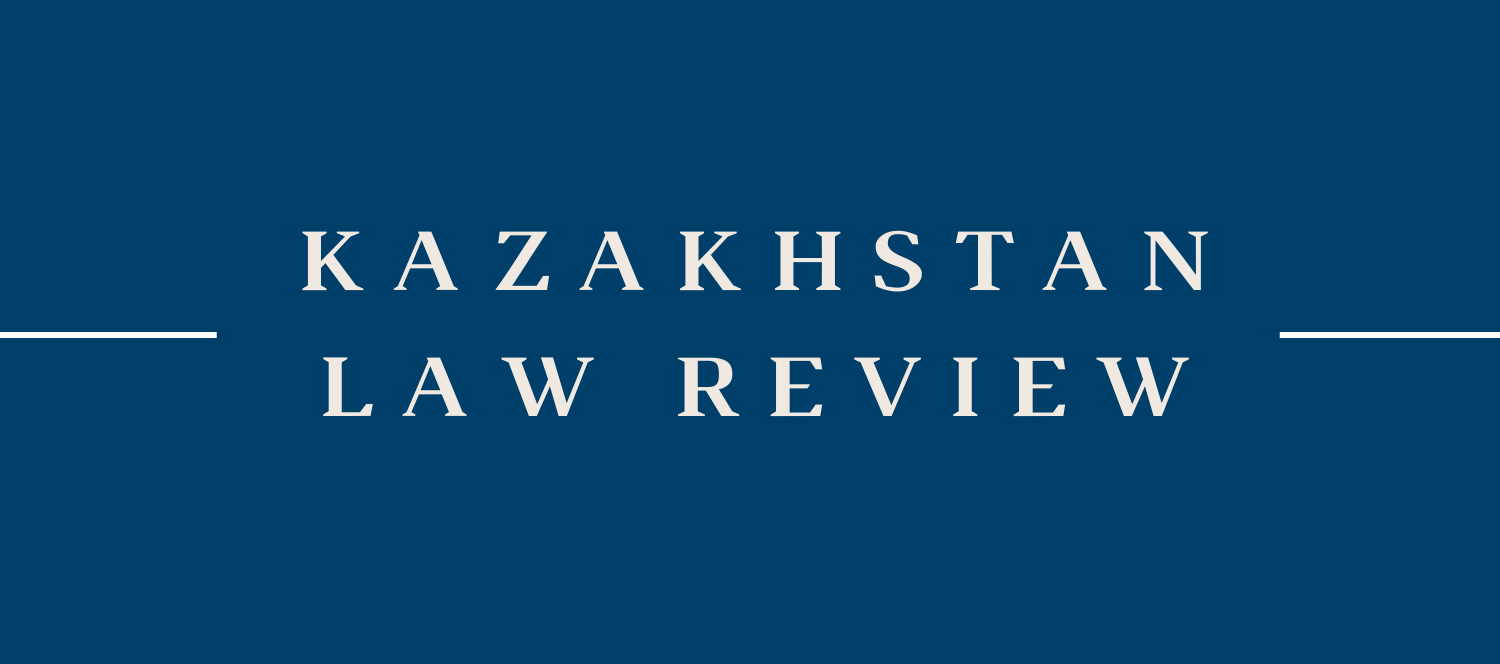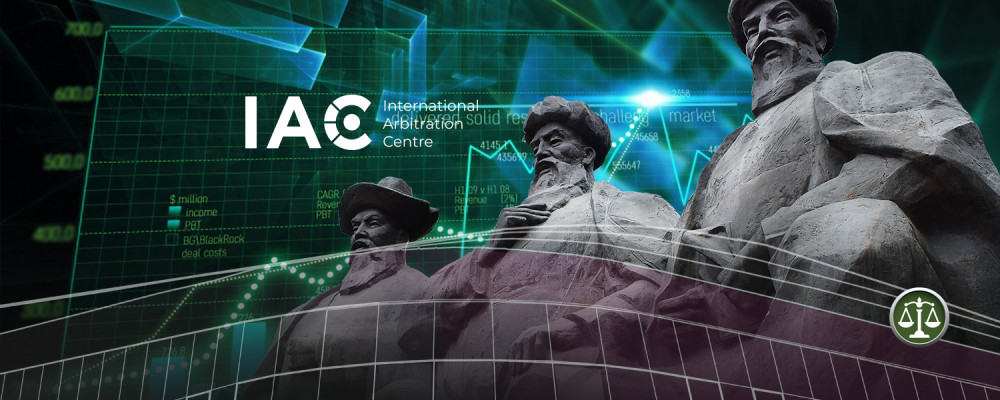Authors: Artem Timoshenko, Daniil Litosh
It is generally accepted that arbitration, as a method of dispute resolution, is more inclined to adopt an adversarial approach rather than an inquisitorial in comparison with state courts. The distinction in methods is borrowed from the differences between the litigation procedures in countries with common law tradition, in which interested lawyers present their cases to impartial juries, and the civil law litigation tradition, in which judges play a much more active role in investigating the circumstances of the case.[1]
Thus, in most of the rules of the leading arbitration institutions, the burden of proof of case circumstances (securing written and other evidence, involving witnesses, conducting expert examinations) lies on the parties themselves.[2] The tribunal, in its turn, has the right to oblige the parties to the process only to provide evidence, due to its limited competence arising from the arbitration agreement (clause) between the parties.[3]At the same time, the arbitral tribunal also has a duty to deal with the dispute fairly, with equal, impartial and independent treatment of the parties. Hence, the question arises: “What action should be taken by a party to the dispute if the evidence that the party wants to use is held by a third party who is not willing to provide it voluntarily?”.
Due to the impossibility of arbitrators to summon third parties (especially foreign nationals) to court and request evidence from them directly, they are forced to seek assistance from courts of general jurisdiction.[4] At the same time, it should be taken into account that the courts, in their turn, are not directly obliged to issue relevant procedural documents at the request of arbitral tribunal, which greatly complicates the request for evidence.
The “Astana” International Financial Centre (hereinafter “AIFC”) has an International Arbitration Centre (hereinafter “IAC”), which partially mitigates the disadvantage mentioned above. In particular, an arbitral tribunal or a party who has obtained the approval of the arbitral tribunal[5] may apply to the AIFC Court for assistance in obtaining evidence.
The AIFC Court may execute the request to obtain evidence within its jurisdiction and in accordance with the rules on obtaining evidence.[6] At the same time, the AIFC court shall have the power to take all necessary or expedient measures for the proper consideration of the dispute, including, but not limited to, requiring the presence of a person to provide evidence or the production of items by a person, records, documents or materials in electronic or other form in its possession or control.[7] Thus, the IAC has the ability to request evidence and secure a an appearance of the witness before the tribunal via the AIFC Court. However, what is the distinct advantage of the IAC over other arbitral institutions that are also entitled to make such requests?
The main advantage of IAC requests to the AIFC Court is the greater possibilities for cross-border reclamation. In particular, the AIFC court orders have the same legal force as the AIFC court decisions,[8]and enforcement thereof in the Republic of Kazakhstan is carried out in the same manner and under the same conditions as enforcement of judicial acts of general jurisdiction courts of the Republic of Kazakhstan. Consequently, it can be assumed that judicial acts of the AIFC court are equal to judicial acts of the courts of general jurisdiction of the Republic of Kazakhstan.[9]
Kazakhstan is a party to numerous multilateral and bilateral international treaties on legal assistance, such as the Minsk Convention[10], the Kishinev Convention[11], the Agreement on the Procedure for the Settlement of Disputes Related to Economic Activities, the Treaties of the Republic of Kazakhstan with the People’s Republic of China, the United Arab Emirates, India, Georgia, Central Asian countries and other states.[12]
Therefore, we believe that the effect of multilateral and bilateral treaties with the participation of the Republic of Kazakhstan on legal assistance extends to the procedural documents of the AIFC Court. Thus, the interaction between the IAC and the AIFC Court greatly simplifies the request for evidence and third party appearances as compared to other arbitration institutions in the region, significantly simplifying arbitration proceedings for parties as well as the tribunal.
***
Unicase is a leading Central Asian law firm operating locally and internationally, with a strong presence in Kazakhstan, as well as in Uzbekistan, Kyrgyz Republic, Tajikistan, and Turkmenistan. Unicase has one of the strongest Expert Teams, well known for regulatory and law drafting capabilities, who, alongside a strong transactional background and expertise, have allowed the firm to win major development projects and continue to be the first-choice advisers for legislation development issues.
If you would like to contact us on content and other concerning issues, please reach us at marketing@unicaselaw.com or info@unicaselaw.com.
[1] Shin, H. S. (1998). Adversarial and inquisitorial procedures in arbitration. RAND Economic Journal, 29 (2), 378-405. https://doi.org/10.2307/2555894
[2] ICC Rules of Arbitration, article 25; LCIA Arbitration Rules, articles 18, 20; HKIAC Administered Arbitration Rules, article 22.
[3] UNCITRAL Model Law on International Commercial Arbitration 1985, as amended in 2006, article 12, Law of the Republic of Kazakhstan ‘On Arbitration’ of 8 April 2016 No. 488-V ZRC, article 5; International Chamber of Commerce Rules, article 11
[4] Redfern & Hunter: Law and Practice of International Commercial Arbitration (6th edition), page 404
[5] UNCITRAL Model Law on International Commercial Arbitration, 1985, amended 2006, art. 27; International Bar Association Rules on the Taking Evidence in International Arbitration, 2020, art. 3, para. 9; UK Arbitration Act, 1966, art. 44, para. 1, 2..
[6] AIFC Arbitration Rules 2017, Article 37.
[7] Rules of Court of the IFCA, Article 27.
[8] AIFC Court Regulations, Article 27.
[9] Constitutional Law of the Republic of Kazakhstan On the Astana International Financial Centre of 7 December 2015 No. 438-V ZRC, Article 13, paragraph 8
[10] Minsk Convention on Legal Assistance and Legal Relations in Civil, Family and Criminal Matters of 1993, Article 6.
[11] Chișinău Convention on Legal Assistance and Legal Relations in Civil, Family and Criminal Matters of 2006, Article 6.
[12] Legal Aid in Civil Cases, website of the Supreme Court of the Republic of Kazakhstan, https://sud.kz/rus/content/pravovaya-pomoshch-po-grazhdanskim-delam.
Следите за свежими материалами, подписывайтесь здесь: Telegram, Instagram, Facebook, YouTube




